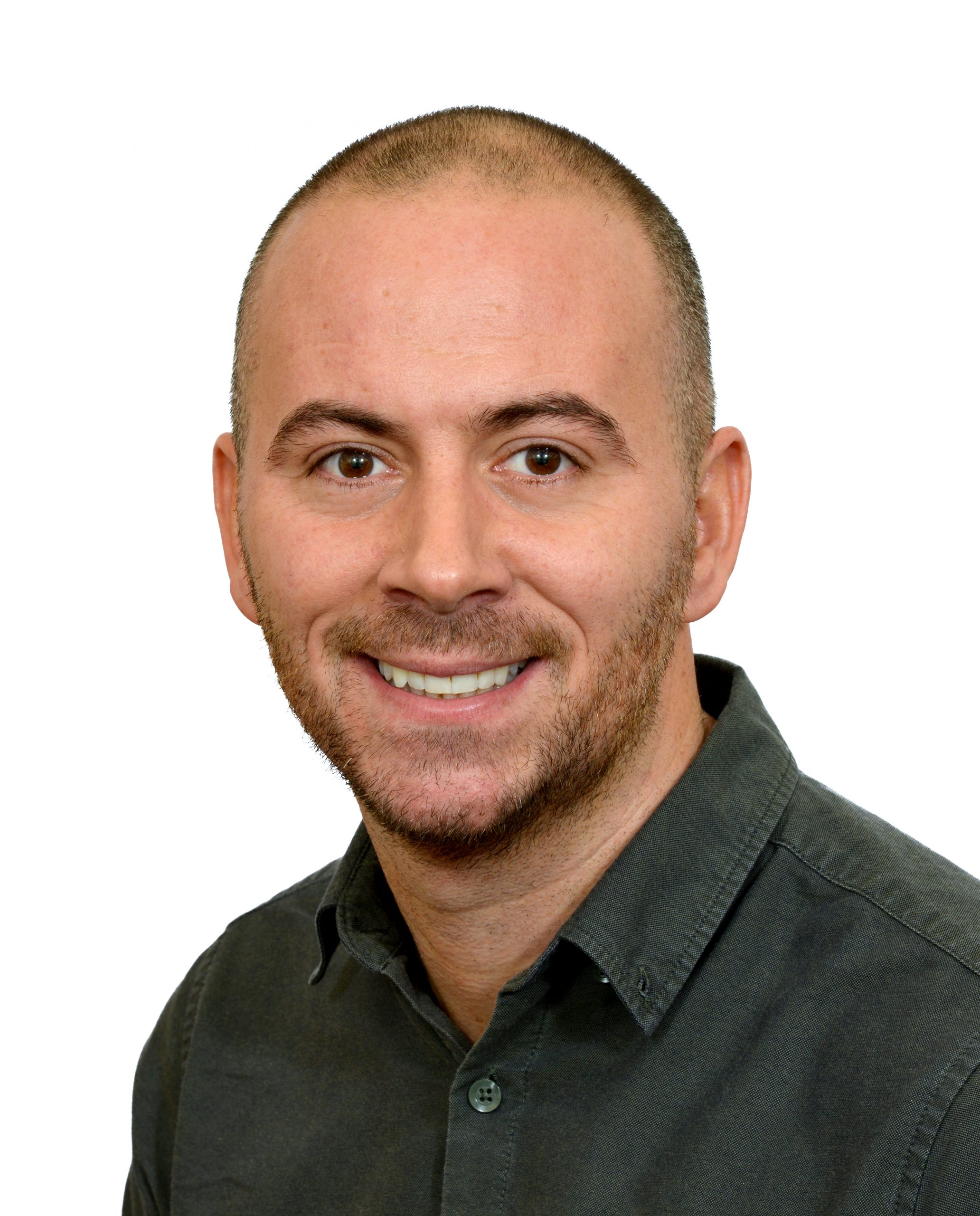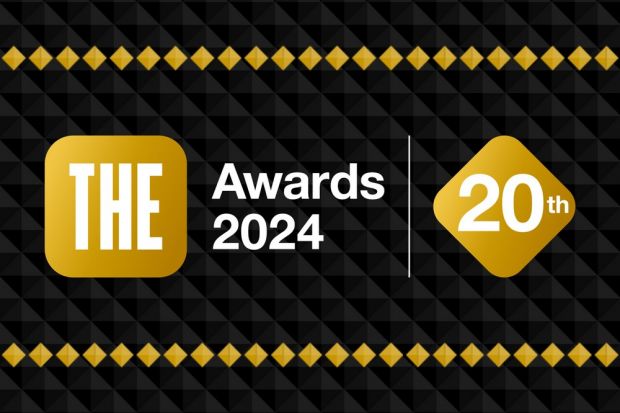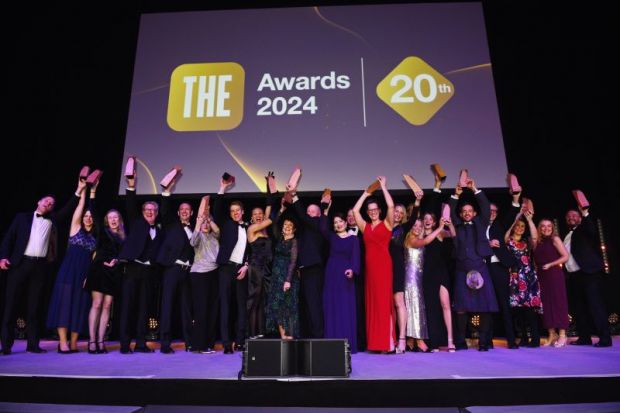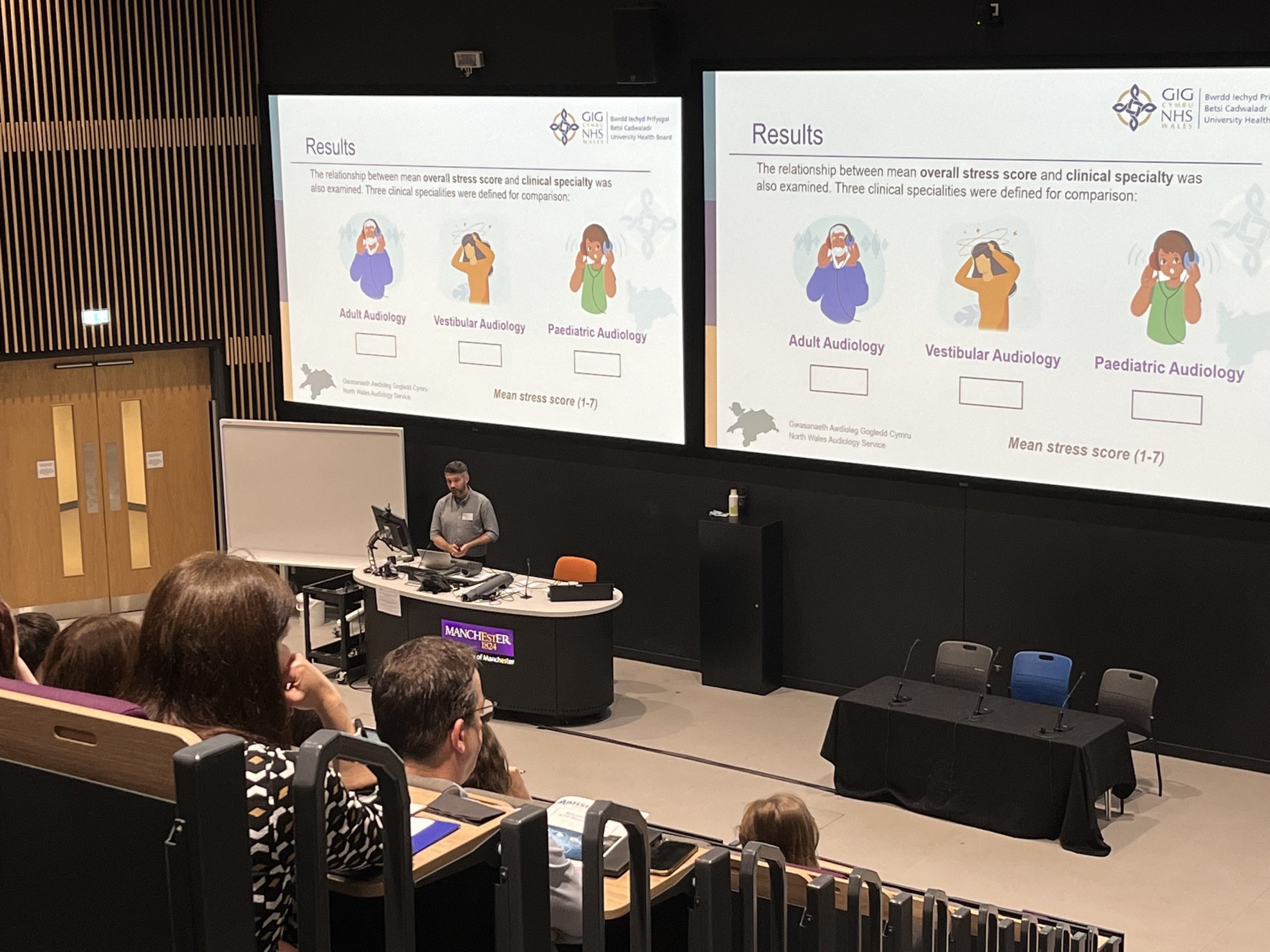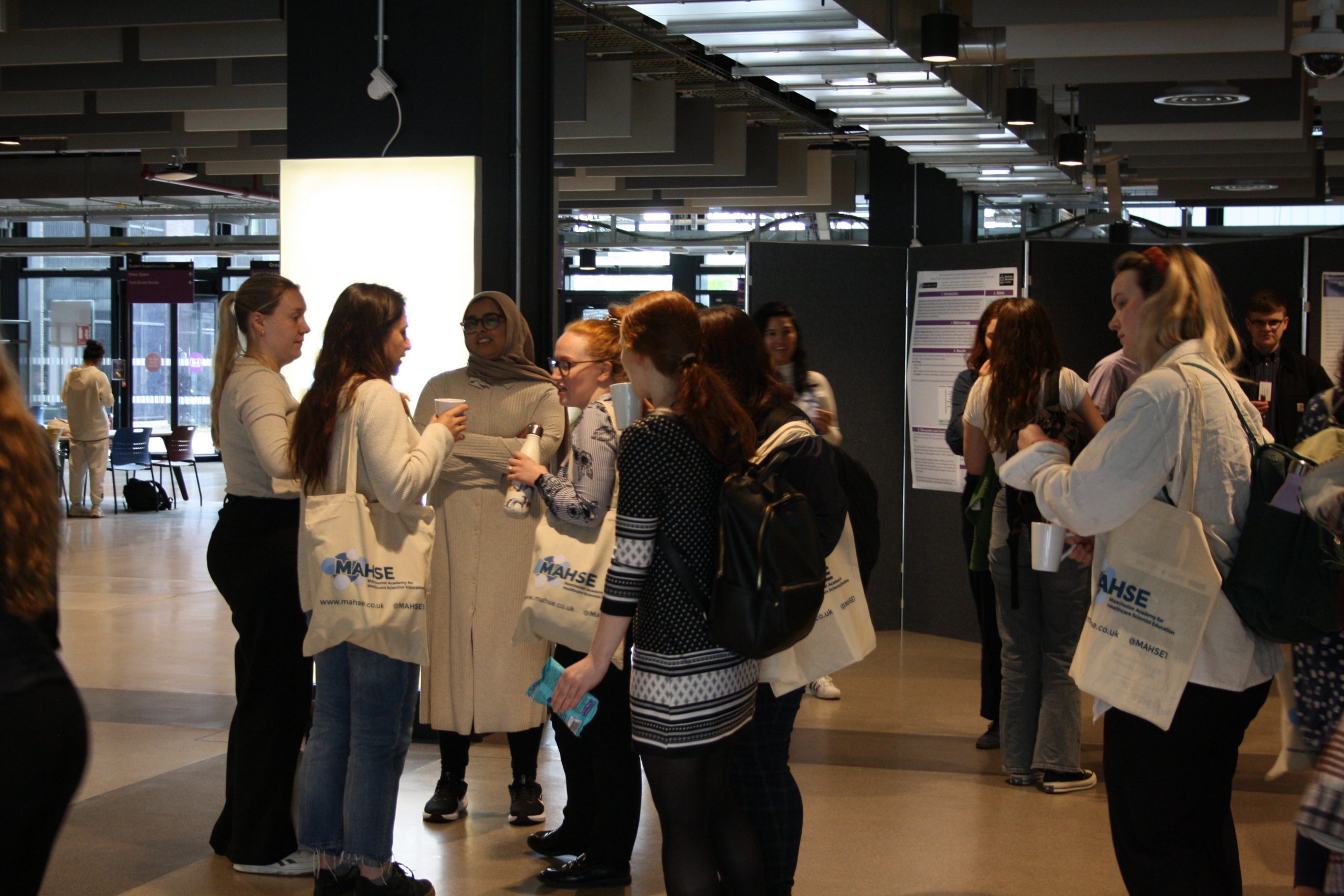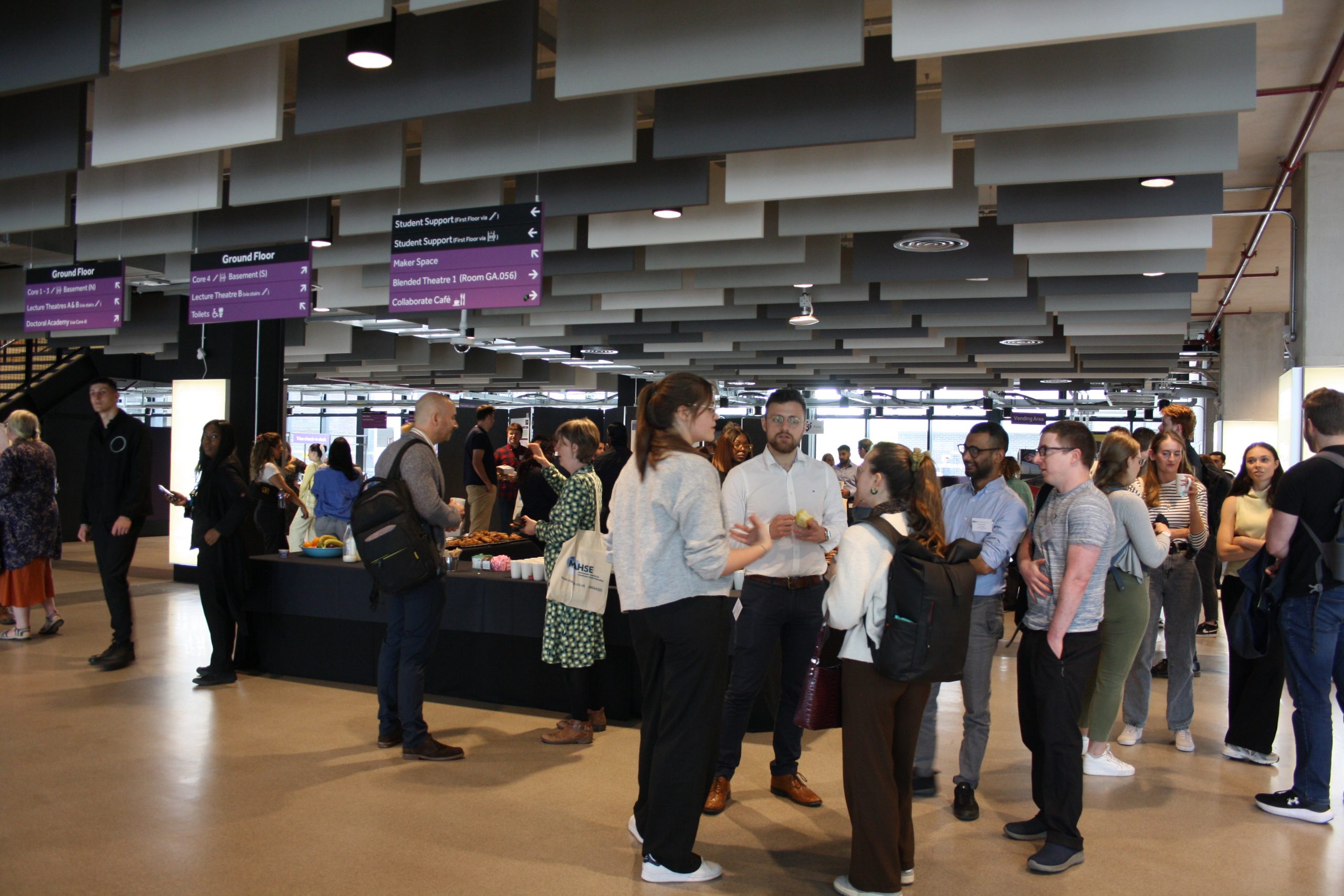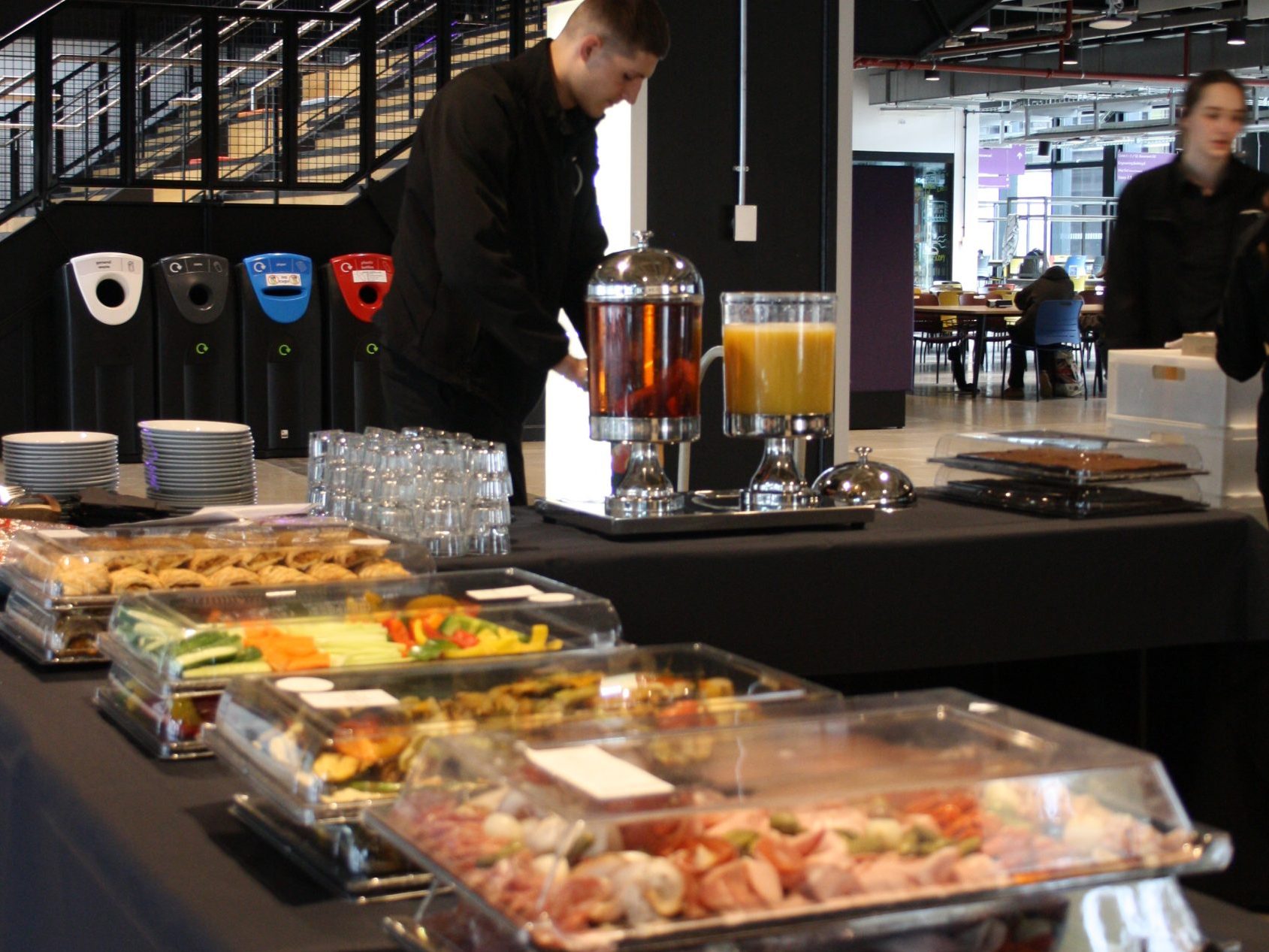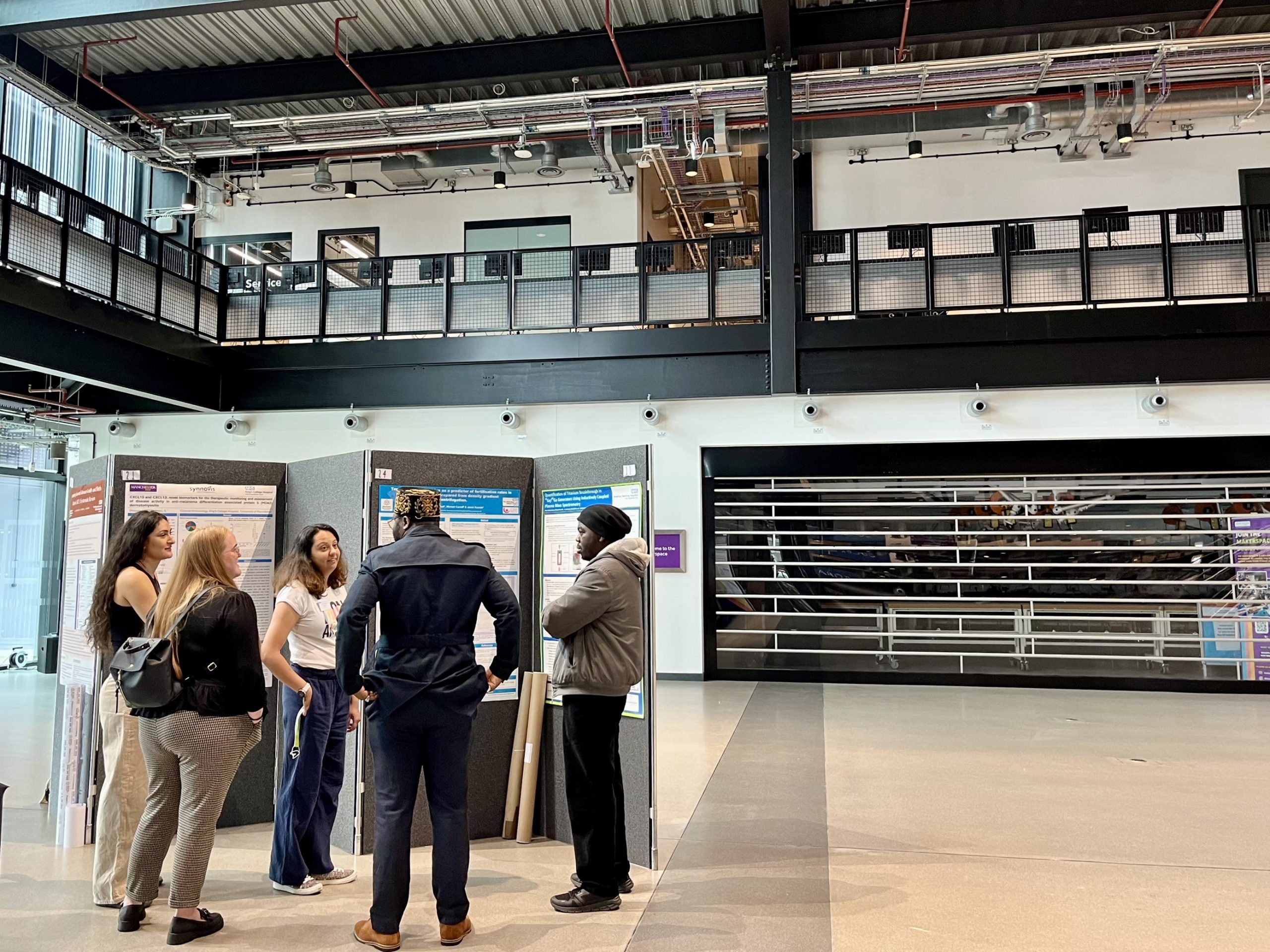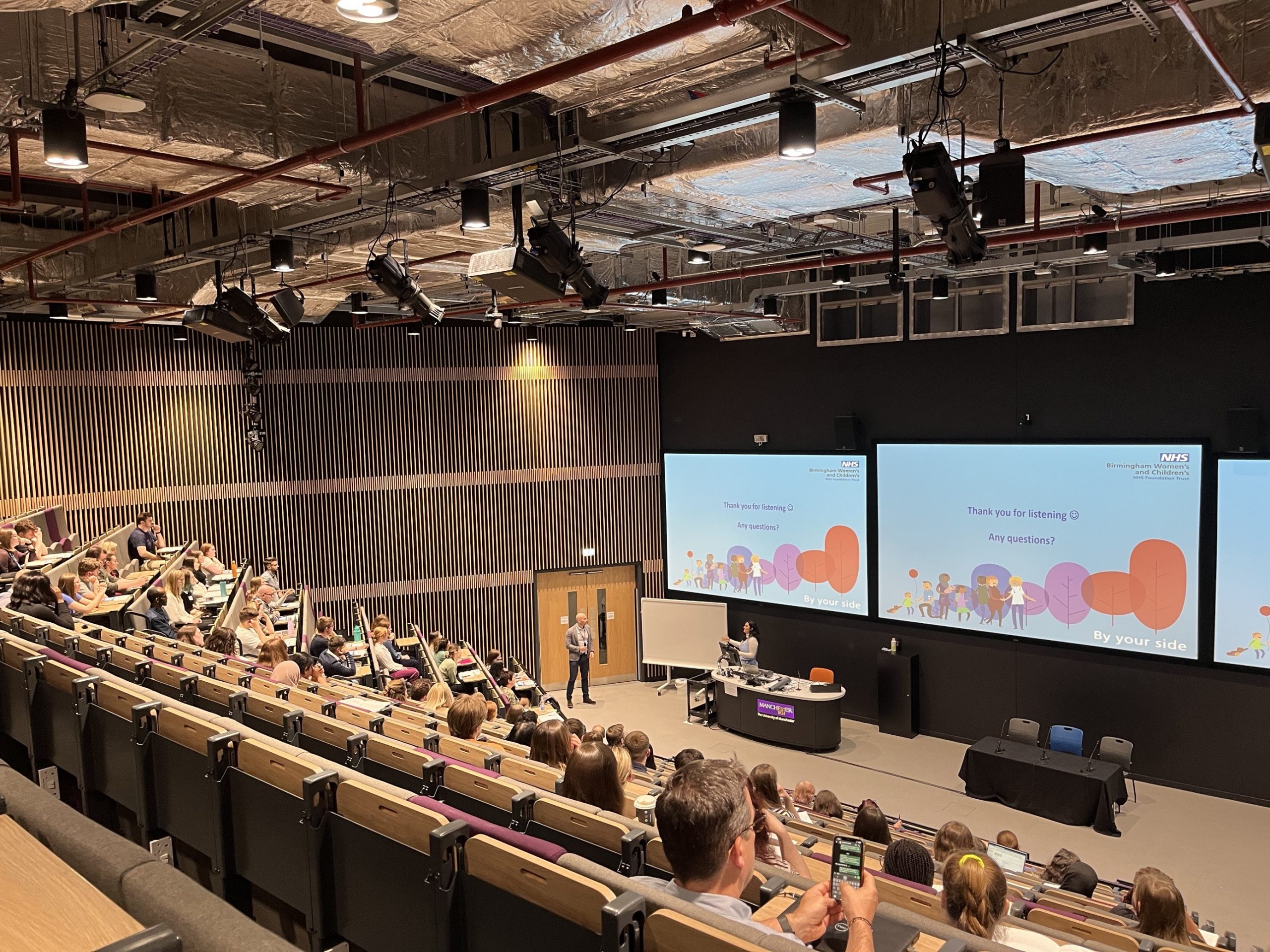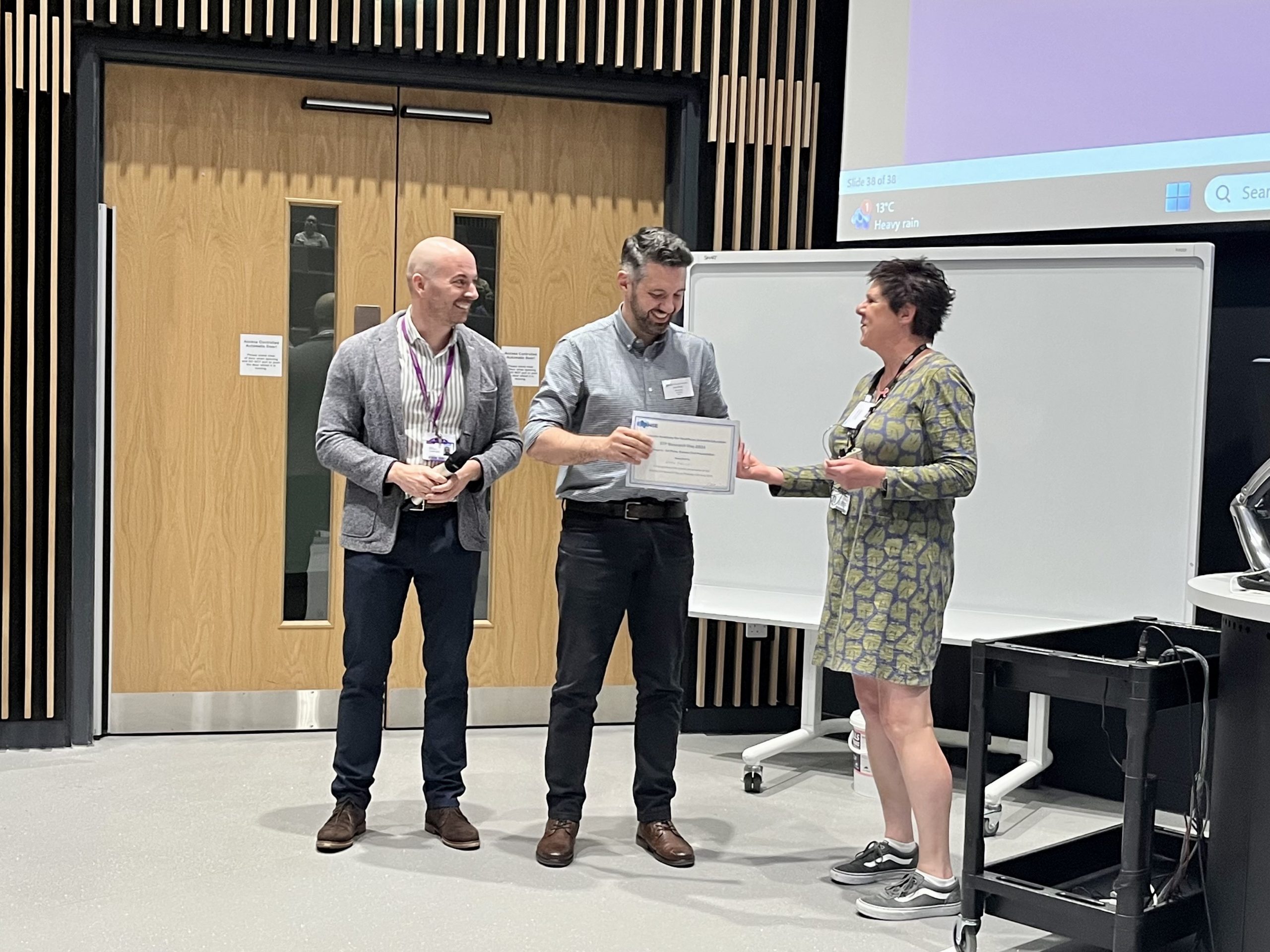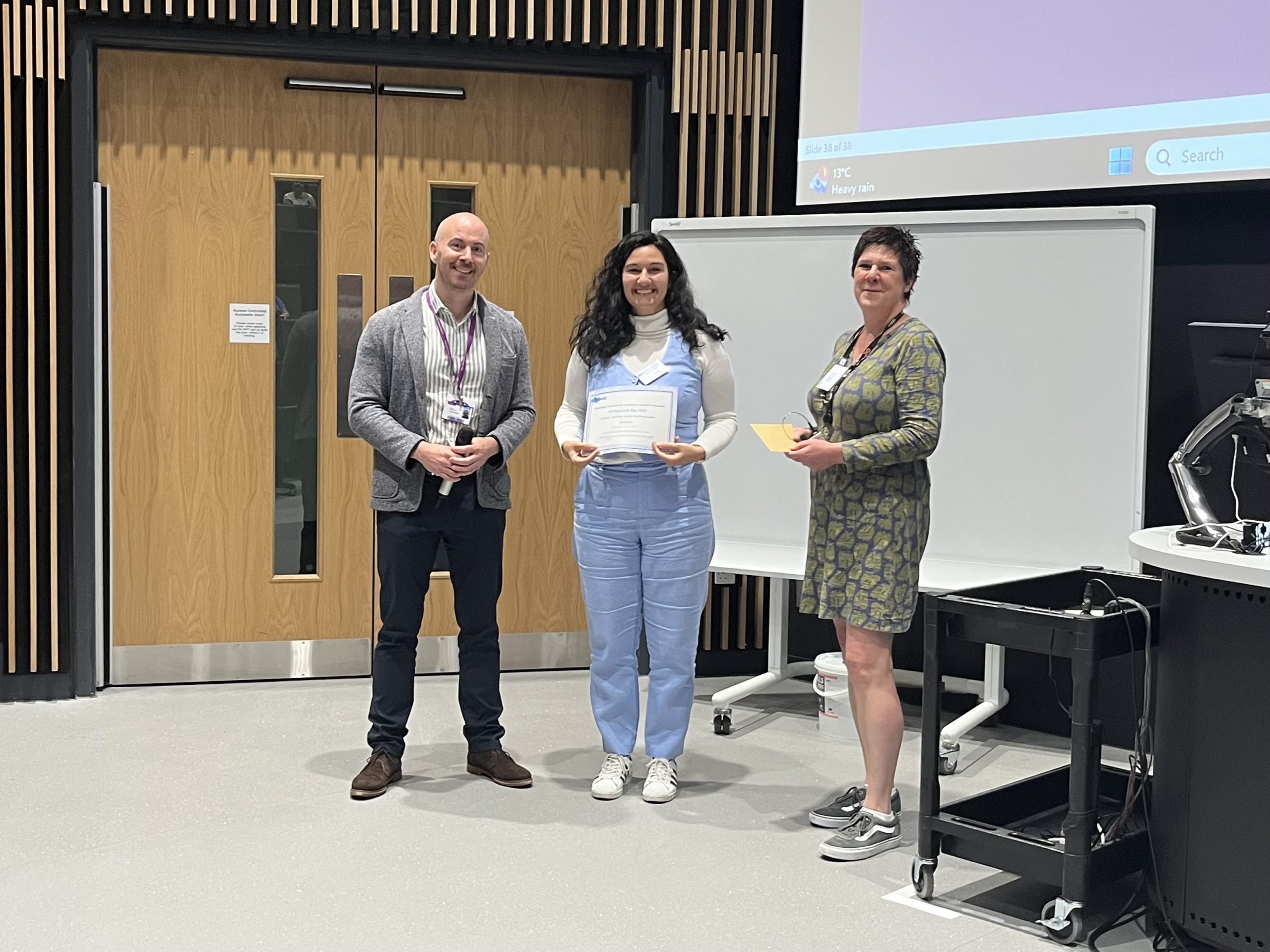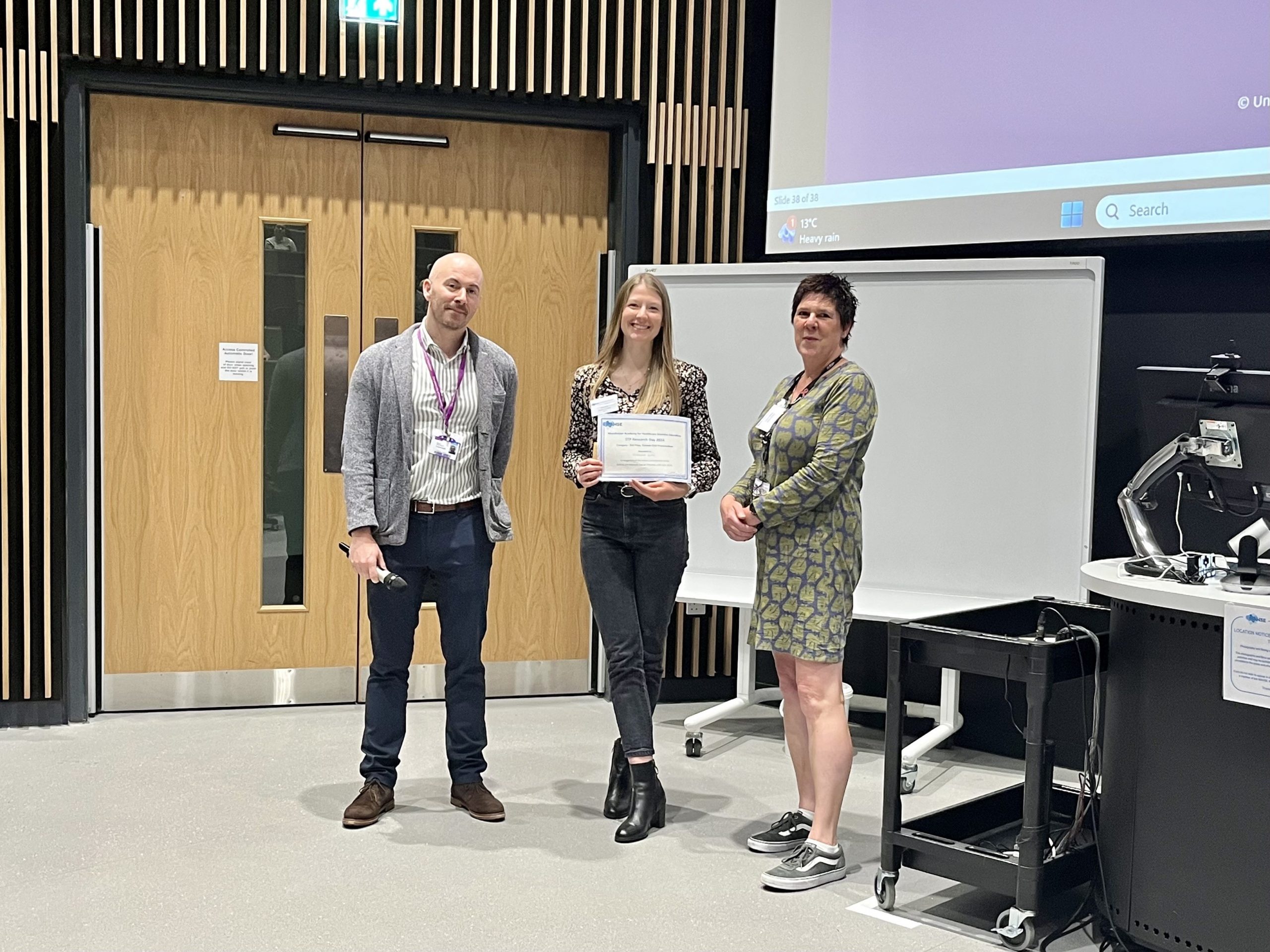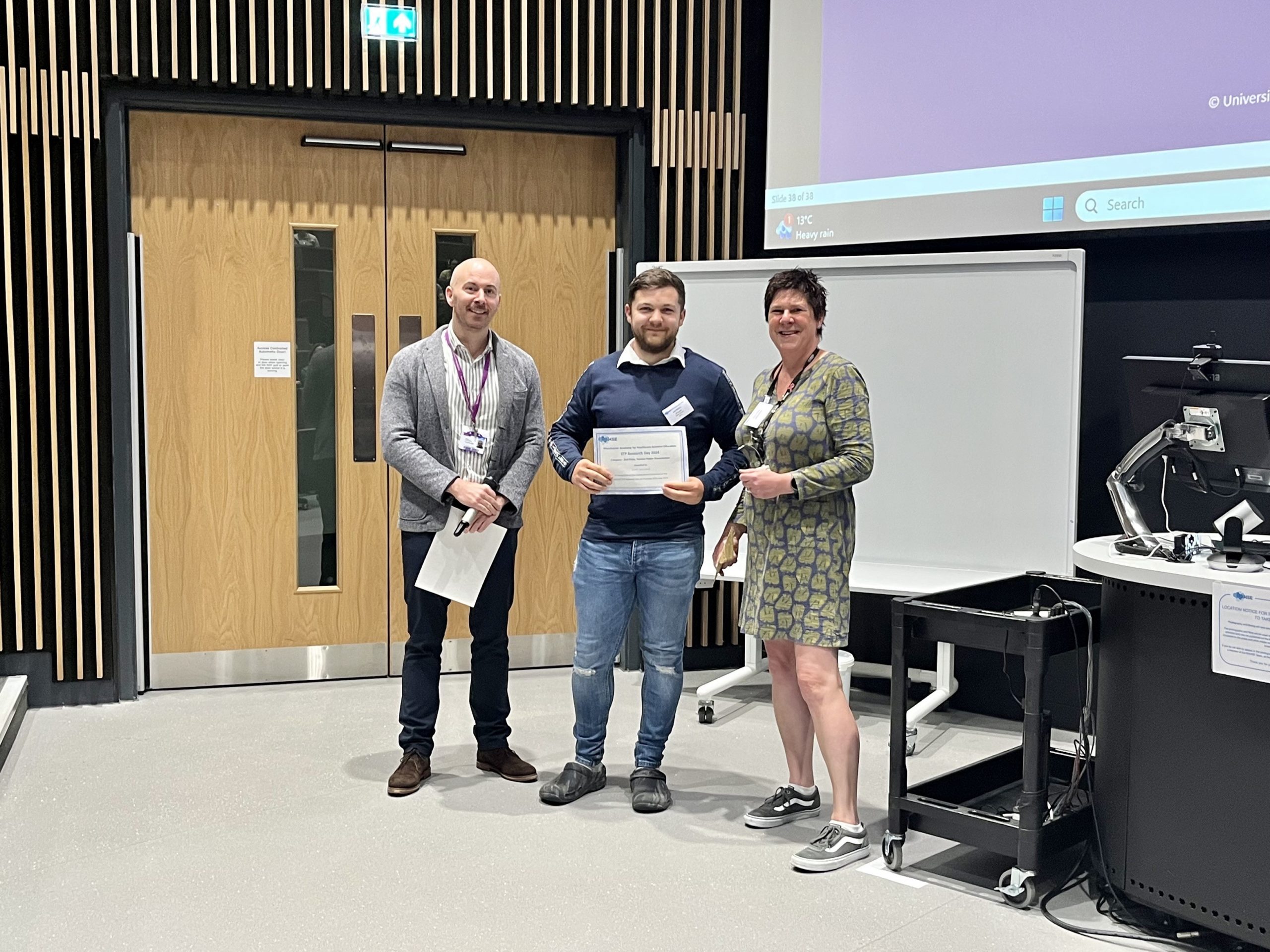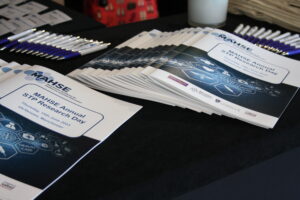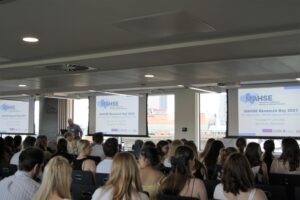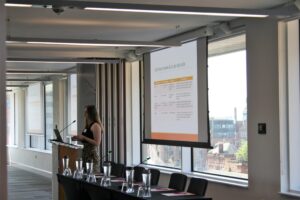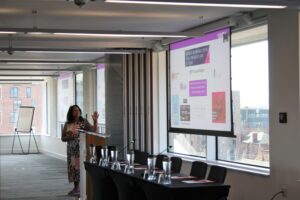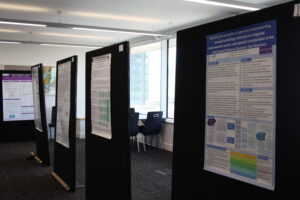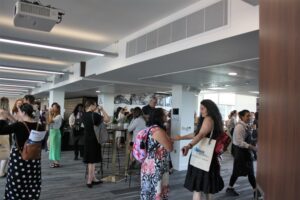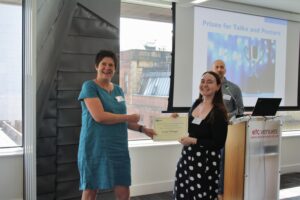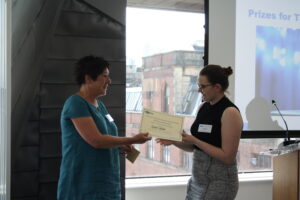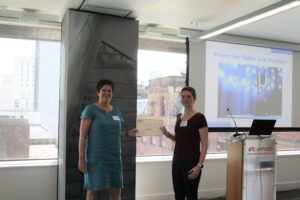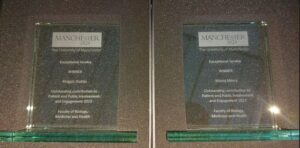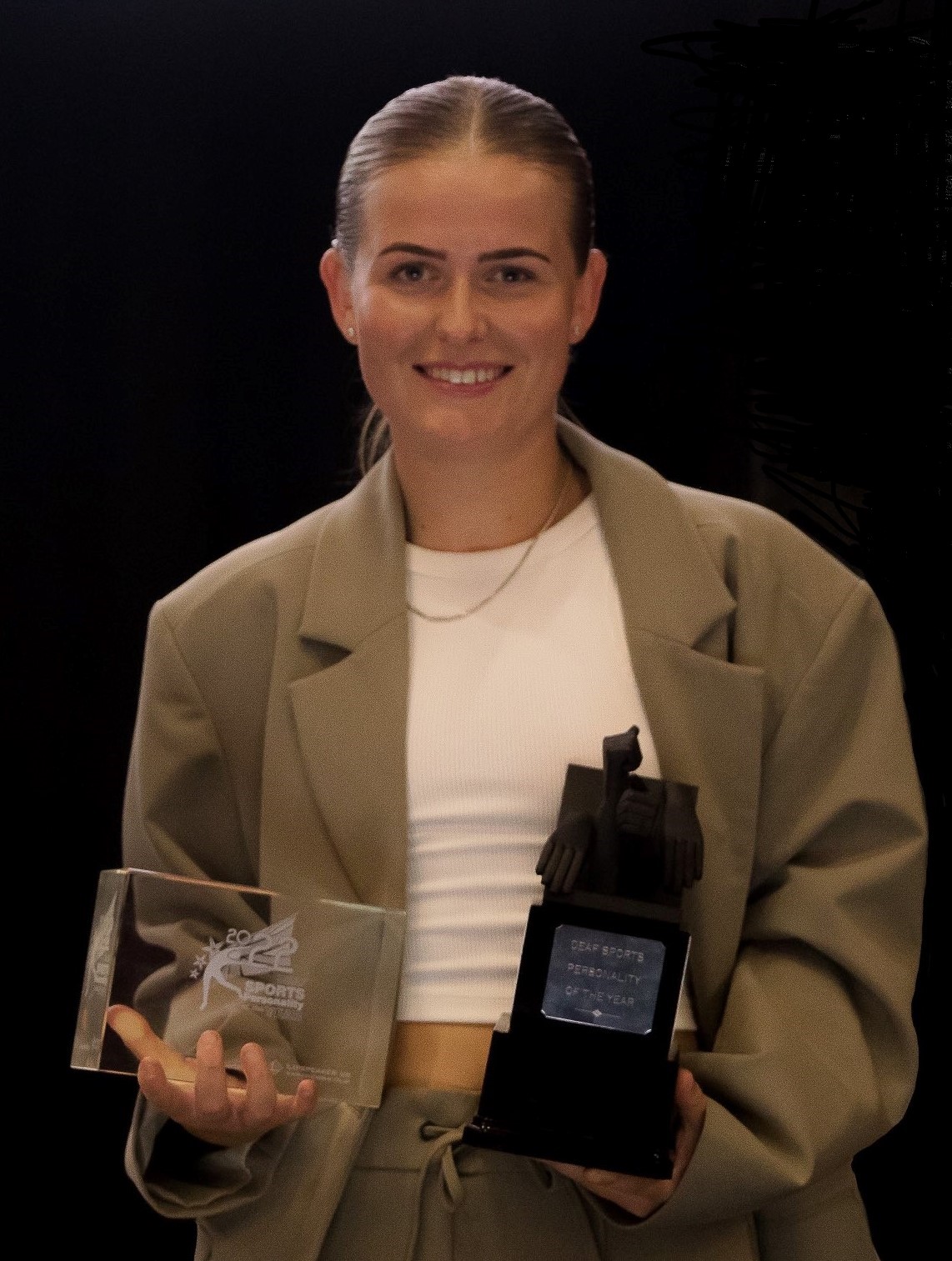A fully funded PhD studentship is available at Manchester Metropolitan University (Faculty of Science and Engineering) in collaboration with University Hospitals Coventry & Warwickshire NHS Trust.
Project Overview
This research explores how obstructive sleep apnoea (OSA) influences Alzheimer’s disease (AD) biomarkers in blood plasma, and whether treatment of OSA can impact these biomarkers. The successful candidate will:
-
Analyse clinical data to assess AD occurrence in OSA patients using programming approaches.
-
Measure plasma biomarkers using advanced immunoassay techniques.
Supervisors
Prof Sonia Correa-Muller (Principal Supervisor), Prof Liangxiu Han (Secondary Supervisor) and Dr Asad Ali and Ms Chatha K. Kaur are secondary clinical supervisors from the University Hospitals Coventry & Warwickshire NHS Trust.
Funding & Eligibility
-
Stipend: £20,780 (2025/26 UKRI rate)
-
Fees: Home fees covered; international applicants welcome
-
Start: October 2025
We are seeking candidates with strong backgrounds in neuroscience, biochemistry, bioinformatics, or related fields, with experience or interest in biomarker analysis, clinical data, and programming (Python/R).
Application deadline: 2 June 2025
Contact: Prof Sonia Correa-Muller (s.correa-muller@mmu.ac.uk)
🔗 Full project details & application instructions:
To develop methodology to measure Alzheimer’s disease biomarkers in the plasma of obstructive sleep apnoea patients. at Manchester Metropolitan University on FindAPhD.com






